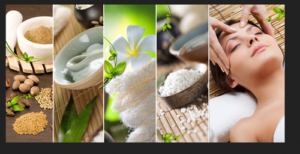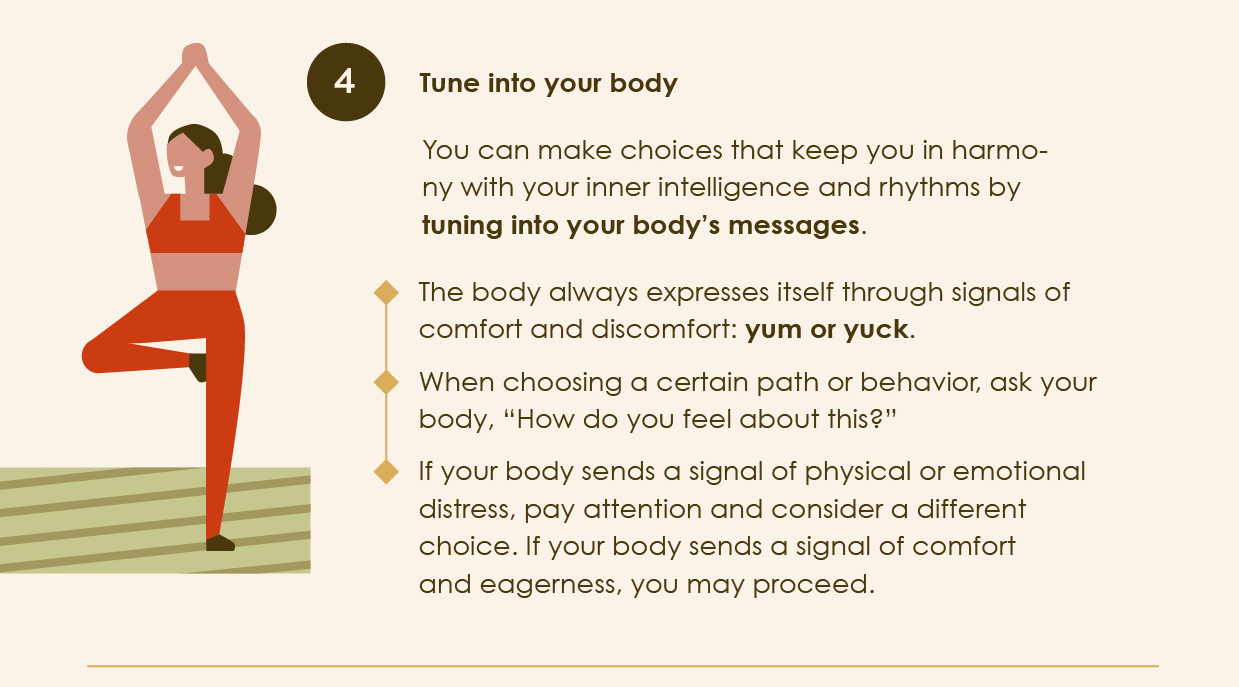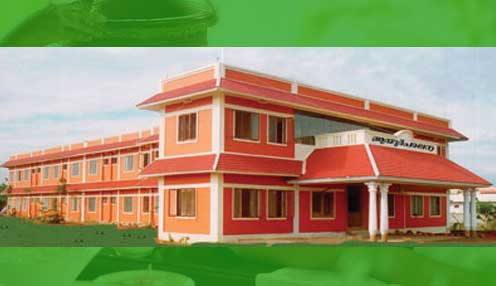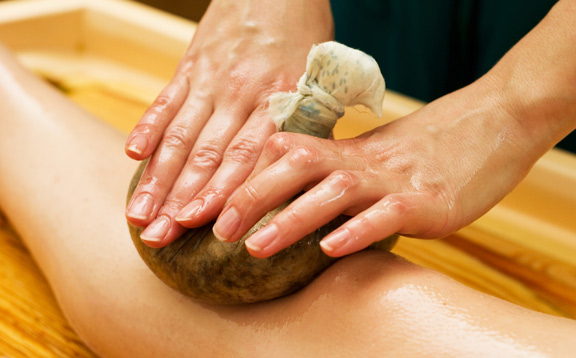To achieve this balanced state of body mind and consciousness, Ayurveda prescribes Panchakarma therapy for the cleansing of body toxins. In Sanskrit ‘Pancha’ means five and ‘Karma’ means the therapeutic measures. Therefore Panchakarma stands for the five types of therapeutic measures. The logic being that as a cloth needs to be purified or cleaned of impurities and dust before it can be permeated with new colours; similarly the body needs to be purified before it can be permeated with new colours of youthfulness, health, vigour etc. In fact, most of the time, Panchakarma is an end in itself rather than a prelude to other therapeutic measures.
Panchakarma is a Sanskrit word that signifies “five activities” or “five medications”. This is a procedure used to clean the group of lethal materials left by ailment, poor nourishment and natural poisons. Regularly the body has the natural capacity to effectively process and expel these waste materials, including the vitiated doshas. Notwithstanding, because of one’s rehashed dietary thoughtless activities, poor exercise examples, way of life, and hereditary inclination, the stomach related chemicals, metabolic co-elements, hormones, and agnis which control the body’s inward homeostasis become scattered. This can prompt the aggregation and spread of poisons all through the physiology bringing about malady. This waste issue is called ama in Ayurveda. Ama is a noxious, clingy, hurtful substance that should be totally cleared from the body.
Panchakarma will remove the excess doshas and correct imbalances in them as well as eliminate the harmful ama out of your system through the body’s own organs and channels of elimination (colon, sweat glands, lungs, bladder, urinary tract, stomach, intestines, etc). Panchakarma purifies the tissues at a very deep level.
The five traditional therapies of Panchakarma are:
• Basti= Herbalized oil enemas
• Nasya= Nasal irrigation
• Vamana= Therapeutic Vomiting
• Virechana= Purgation
• Raktamokshana= Blood Letting

In any case, rehearses like therapetuci vomiting and blood letting are never again drilled today and have been supplanted with all the more unwinding, mellow treatments, for example, oil-kneads and delicate treatments.
On the off chance that we need to encounter ideal wellbeing, it is essential to keep up a solid stomach related fire and dispense with poisons from the body. Panchakarma is a period demonstrated common treatment that detoxifies and reestablishes the body’s inward parity and essentialness.
As indicated by ayurveda, great wellbeing relies on our ability to completely utilize all parts of life, acclimatizing what feeds and taking out the rest. At the point when we can’t totally process our nourishment, encounters, and feelings, poisons collect in our substantial tissues, making irregularity and – at last – infection. Panchakarma is an exquisite purging procedure that discharges put away poisons and reestablishes the body’s natural mending capacity.
Ayurpalana offers the best Panchakarma Treatment in Kerala to detox & rejuvenate your body with highly effective Ayurveda Panchakarma treatment.
Is Panchakarma Right For You?
Anyone can benefit from a detox because the body is constantly creating toxins. Regardless of whether we lived ideally with all natural nourishment, clean air and no pressure, the body would at present produce toxicities. This is the reason it is imperative to rinse consistently.
Seven Signs You Need To Detox:
1. Thick layer of coating on the tongue
2. Tired throughout the day, especially after meals
3. Body aches and pains
4. Uncontrollable cravings
5. Foggy mind
6. Bad smelling breath, odor and flatulence
7. Constipation or diarrhea
In any case, detoxification doesn’t really need to be at a Panchakarma. You can perform numerous Ayurvedic detoxification treatments to yourself at home, such as abhyanga self-oil massage, nasya nasal irrigation, a cleansing kitchari diet, herbal laxatives, an oil-enema, technology detox, daily yoga and meditation and sleeping/ waking early.
Get best Ayurvedic treatment in Kerala at Ayurpalana.

































